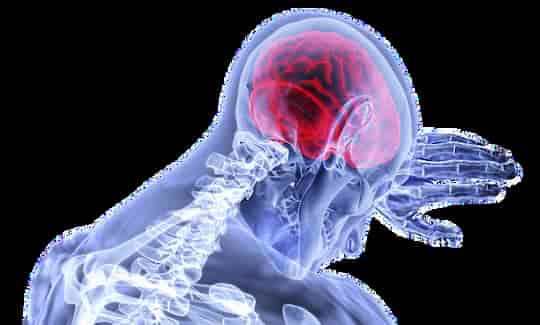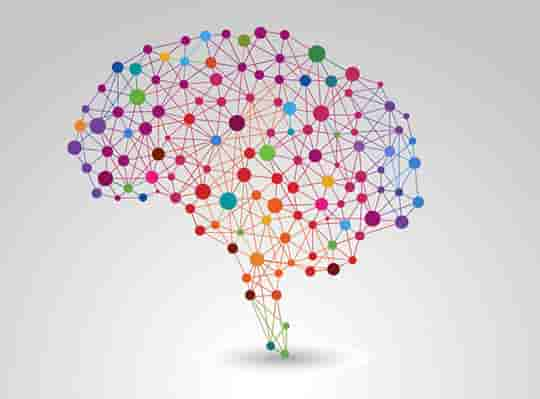The findings are alarming, especially for younger adults, because it takes time to see the negative health impact to the brain caused by elevated blood pressure.
The findings are alarming, especially for younger adults, because it takes time to see the negative health impact to the brain caused by elevated blood pressure.
High blood pressure, technically called hypertension, is a major risk factor for cardiovascular disease and the leading cause of early death worldwide.
High blood pressure can damage the blood vessels and so reduce blood flow to the brain, leading to vascular dementia and cognitive declines such as memory loss.
A study has found that high blood pressure is associated with increased brain age.
According to the research, a hypertensive person is at greatly increased risk of brain aging, with every 1 mmHg increase above optimal blood pressure there is a 5 to 7 day increase in brain age.
For example, a person with pre-hypertension whose systolic pressure is 135 mm Hg and diastolic pressure 85 mm Hg has a brain more than 6 months older than a person with optimal blood pressure (110/70 mmHg).
The normal recommended range for blood pressure is considered 120/80 mmHg, but a healthier or optimal blood pressure is about 110/70 mmHg.
Professor Nicolas Cherbuin, the study’s first author, said:
“This thinking that one’s brain becomes unhealthy because of high blood pressure later in life is not completely true.
It starts earlier and it starts in people who have normal blood pressure.”
High blood pressure puts extra pressure on internal organs like the heart, brain and kidneys, all of which worsens sleep.
Lack of sleep, in turn, can make it harder for the body to regulate stress hormones, which leads to high blood pressure.
Compared to a hypertensive person, someone with optimal blood pressure is predicted to have a healthier and younger brain at midlife.
Professor Walter Abhayaratna, study co-author, said:
“It’s important we introduce lifestyle and diet changes early on in life to prevent our blood pressure from rising too much, rather than waiting for it to become a problem.
Compared to a person with a high blood pressure of 135/85, someone with an optimal reading of 110/70 was found to have a brain age that appears more than six months younger by the time they reach middle age.”
The research team carried out brain scans and blood pressure checks on 2,000 healthy adults over 40 for 12 years.
The findings are alarming, especially for younger adults because it takes time to see the negative health impact to the brain caused by elevated blood pressure.
Professor Cherbuin said:
“By detecting the impact of increased blood pressure on the brain health of people in their 40s and older, we have to assume the effects of elevated blood pressure must build up over many years and could start in their 20s.
This means that a young person’s brain is already vulnerable.”
The study was published in the journal of Frontiers in Aging Neuroscience (Cherbuin et al., 2021).










